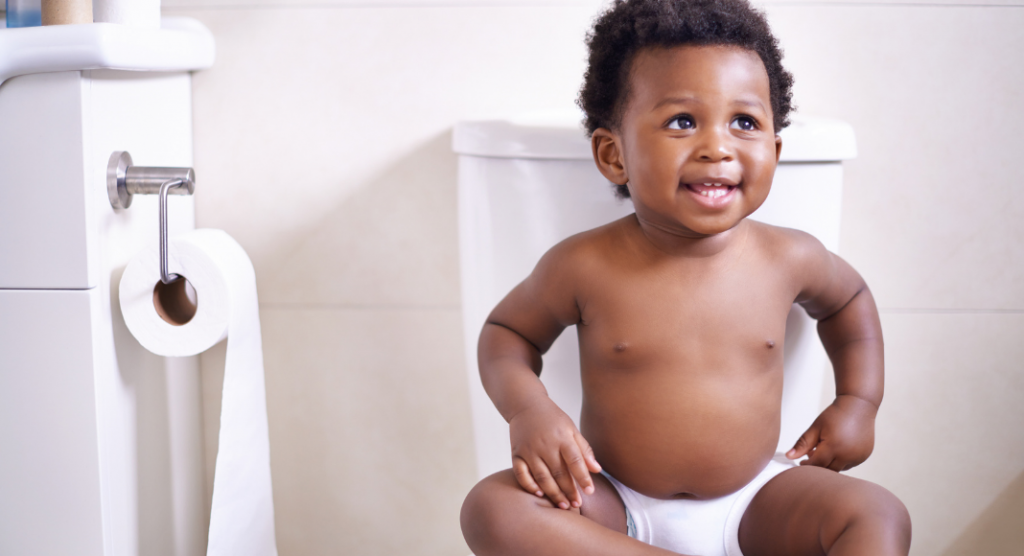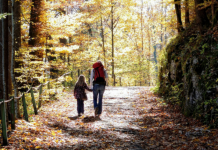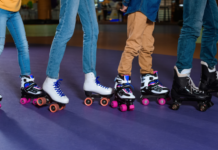 I am about to begin potty training my third child, and this time around I feel more confident having successfully potty trained two children already. However, I have learned throughout the years that potty training is a very personal experience and that listening to everyone around you can be detrimental to the process.
I am about to begin potty training my third child, and this time around I feel more confident having successfully potty trained two children already. However, I have learned throughout the years that potty training is a very personal experience and that listening to everyone around you can be detrimental to the process.
Everyone seems to know the best way to potty train, yet it is not a “one approach fits all” kind of thing. Potty training needs to be tailored to your individual child and their personality. While potty training is a developmental milestone, it happens at different ages. Just because your child turns two does NOT mean they are ready to say goodbye to diapers.
Here are a few lies I was told about potty training that I wish everyone knew are just not true.
1. The earlier you start, the better
I was told this years ago, and it couldn’t be farther from the truth. I personally know lots of moms who started potty training the minute their child turned two, and it took them a full year or more to successful potty train. This is because their child was just not ready and able at such a young age, and that’s OK.
It’s way more stressful and frustrating to start too soon and try and force something than it is to wait until your child can comprehend, communicate, and is showing all the signs they are ready. With my second child, I did not even start potty training until a few months after he turned three. I took a more laid-back approach, which worked well for us. Children cannot be forced to use the potty, so why not make it an enjoyable experience for everyone involved.
2. Punishing a young child for having accidents helps them learn
Punishing children for having accidents can be very detrimental to their learning, and leads to shame and anxiety surrounding using the potty. These are big emotions and children should feel comfortable coming to a parent instead of feeling the need to hide the fact that they had an accident for fear of punishment.
Using positive reinforcements worked best in our house. We used a colorful sticker chart in the beginning, and after a week of using the potty, my son earned a small toy of his choice. We continued with this approach until he was wearing underwear successfully all day.
3. Nighttime potty training should happen right after daytime potty training
Did you know that 20% of children experience nighttime bedwetting at age five? Nighttime potty training can be tricky for some kids, but that’s normal. It is also developmental and will happen in time, but it does not always happen immediately following daytime potty training.
There should be no shame in having your children wear pull-ups to bed. A doctor once told me young children’s bladders aren’t big enough yet to hold it all night long. Restful sleep is so important at this age for brain development, so pull-ups should be seen as a positive. After all, it’s so much easier than stripping beds and endless laundry.
At the end of the day, children will potty train when they are ready and able to do so. Moms should never feel guilty that their children are in diapers at a certain age, and the stigma and shame surrounding potty training needs to stop. Don’t put unnecessary pressure on your child or yourself. It will all happen in time, so don’t sweat it.














